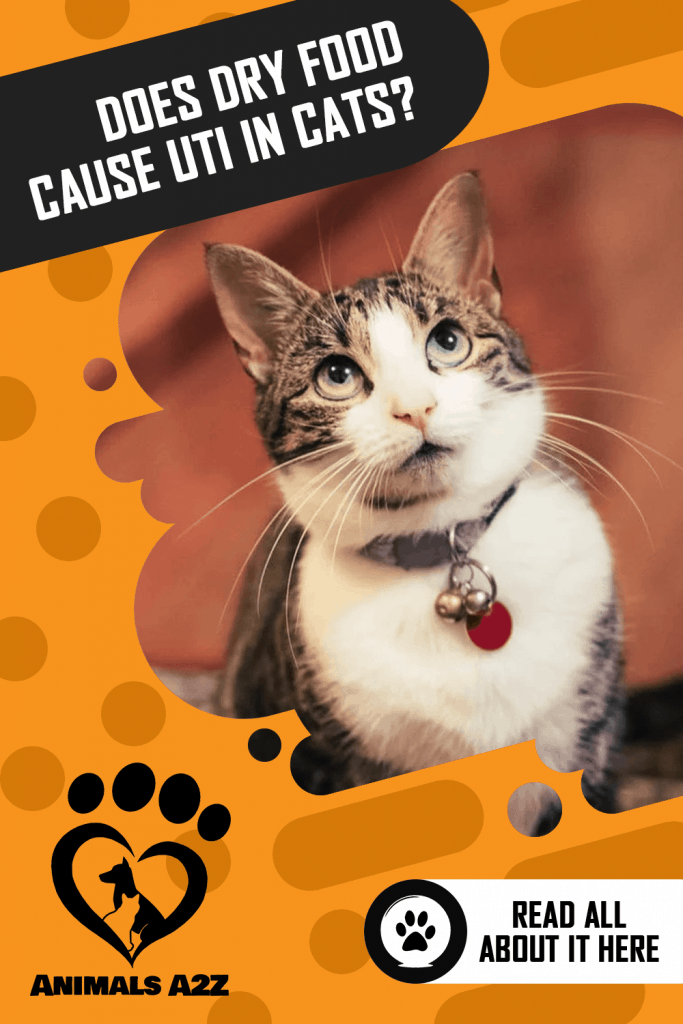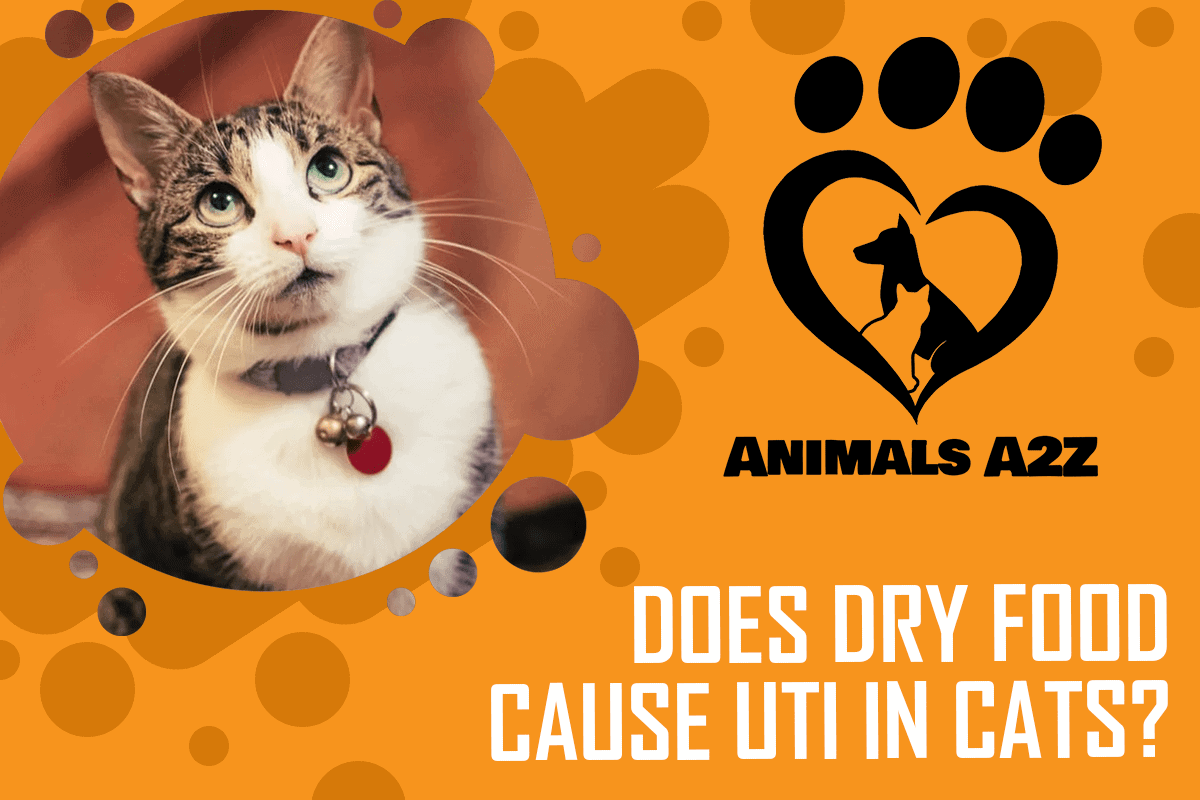Many cats around the world are affected by FLUTD or Feline Lower Urinary Tract Disease, which usually happens without an identifiable underlying cause. This could have an impact on the overall health and well-being of your cat, so it is imperative to understand how you can be able to help and support them to maintain a normally functioning, and healthy urinary system. Learn more about what and how you should feed your cat in order to help him maintain a healthy urinary system.
Why is the Urinary Health of My Cat Important?
The urinary system of your cat, which includes the bladder and kidneys, works to process as well as remove any waste products from his body. If there are problems in your cat’s kidneys, it cannot remove waste products anymore. Bladder problems might include stones, inflammation, and the worst is urinary obstruction. These problems can eventually affect the overall comfort and health of your cat.
Why Do Some Cats Suffer from Urinary Problems?
Naturally, cats are descended from mammals who are desert-dwelling and whose requirement to consume water was very low. This instinctive behavior is a major factor in the predisposition of cats to urinary problems since they usually drink less as well as urinate less frequently compared to what is ideal for their new current lifestyle as companion pets in a more modern environment.
However, there are also other factors that can affect the likelihood of your feline friend suffering from problems in his urinary system. Obese or overweight cats are more likely at risk in developing cystitis or the inflammation of feline urinary organs, urine obstructions, and urolithiasis. Aside from that, neutered kitties also have a greater risk of developing crystals and stones.
Feline idiopathic cystitis where there is no specific underlying cause can be affected by several diverse lifestyle factors such as indoors or sedentary living, environments with very little stimulation for your kitty, and even a litterbox that’s difficult to access or poorly placed.
[spoiler title=’Click to Watch the Video: How to Tell if Your Cat Has a Bladder Infection’ style=”orange”]
[sc name=”reklame_under_video”]
[/spoiler]
Is Dry Food the Culprit for Urinary Problems in Cats?
When kitties are given water-depleted food like dry kibble, the minerals coming from the food and metabolism tend to build up in a cat’s bladder due to reduced urination, which produces over-saturated and hyper-concentrated urine leading to blockage. When you read this, make sure you realize how detrimental dry cat foods like dry kibble is to the urinary system of your cat. The main compound present in the cat’s urine blockage is struvite crystals. The moment an obligate carnivore is given a high-carbohydrate diet, its urine becomes alkaline that promotes the development of struvite crystals.
For your cat to have a normally functioning and healthy urinary system, he needs to maintain acidic urine. This can be naturally achieved by eating raw food or wet cat canned foods. The benefit of this diet is to maintain a normal acid pH level of the urine. This then promotes a healthy bladder, adequate water intake, as well as the constant urination and excretion of minerals and solutes, including struvite crystals.
[crp]
Common Questions About What Causes UTI in Cats
What Ingredient in Cat Food Causes Urinary Problems?
Cat food manufacturers have developed low magnesium and/or low ash foods in response to the thinking that magnesium or ash were some of the most common causes of struvite crystals. However, when it was studied that urine’s pH level, and not magnesium or ash was the problem, they started to include Ammonium Chloride to their feline foods in order to acidify the diet.
Does Dry Cat Food Cause Urinary Problems?
Cats who only eat dry food, which is known to have low moisture levels and meat content, have more alkaline and concentrated urine that can result in struvite crystals and stones formation. All cat owners should bear in mind that the best cat diet to help prevent any urinary system problems is wet canned foods and raw foods. Canned and raw foods have more meat content and higher moisture level compared to a dry food diet.
How Can I Treat My Cat’s Urinary Tract Infection?
Depending on the prognosis of your cat, one of the following treatments might be recommended by your vet:
- Dietary changes
- Antibiotics or other medications
- Urinary acidifiers
- Increase in water intake
- Surgery to either correct congenital abnormality or remove bladder tumor or stones
- Expelling of tiny stones through the urethra
- Fluid therapy
Conclusion
You may be asking if what can happen to your cat if urinary tract infections and other related problems go untreated. The truth is that untreated urinary problems can lead to partial or complete urethra obstruction, which prevents your cat from urinating. As a cat owner, this is a very worrisome condition since it’s a medical emergency that can quickly lead to rupture of the bladder and/or kidney failure. If the obstruction isn’t relieved right away, the condition can be fatal for your cat.


